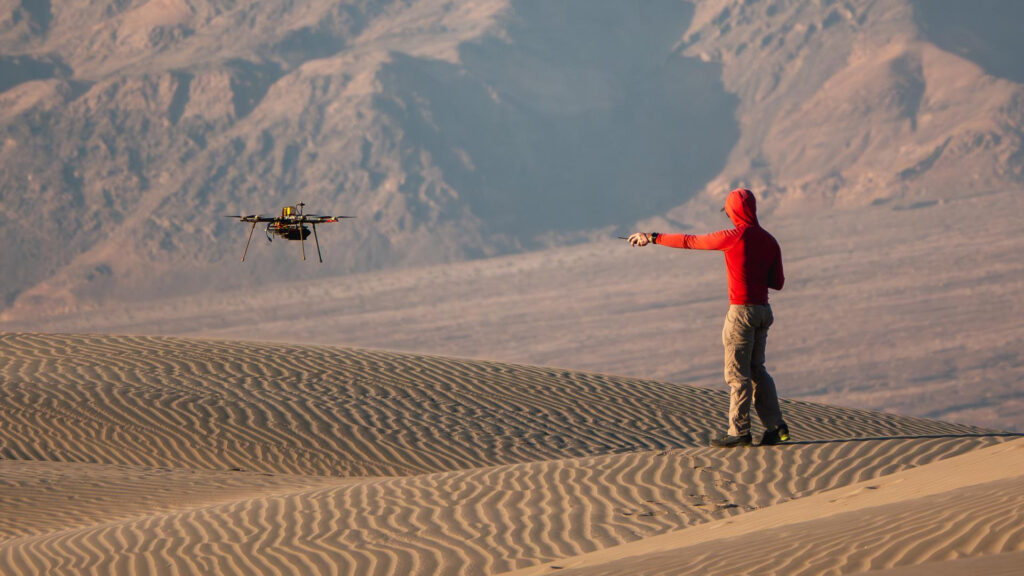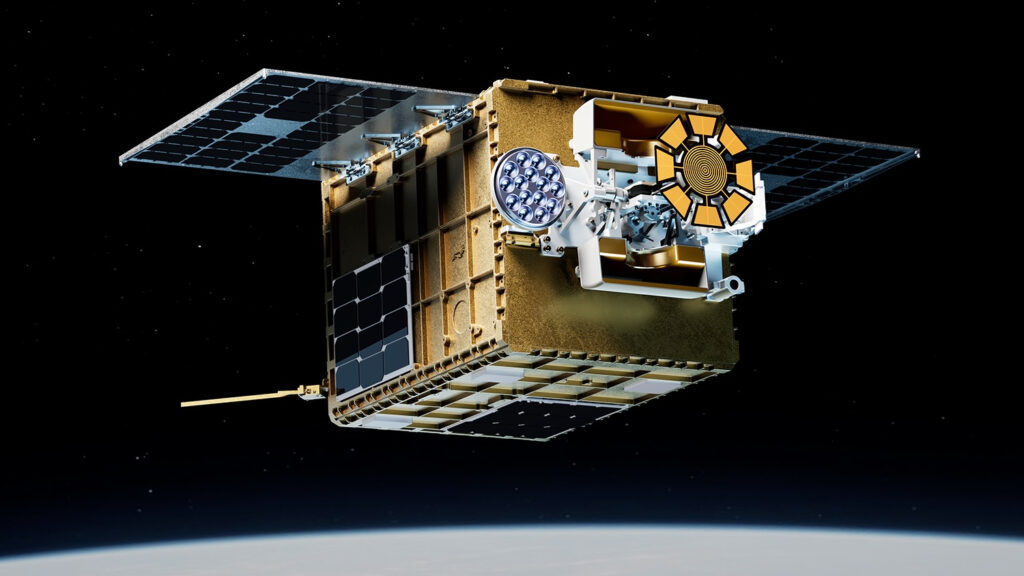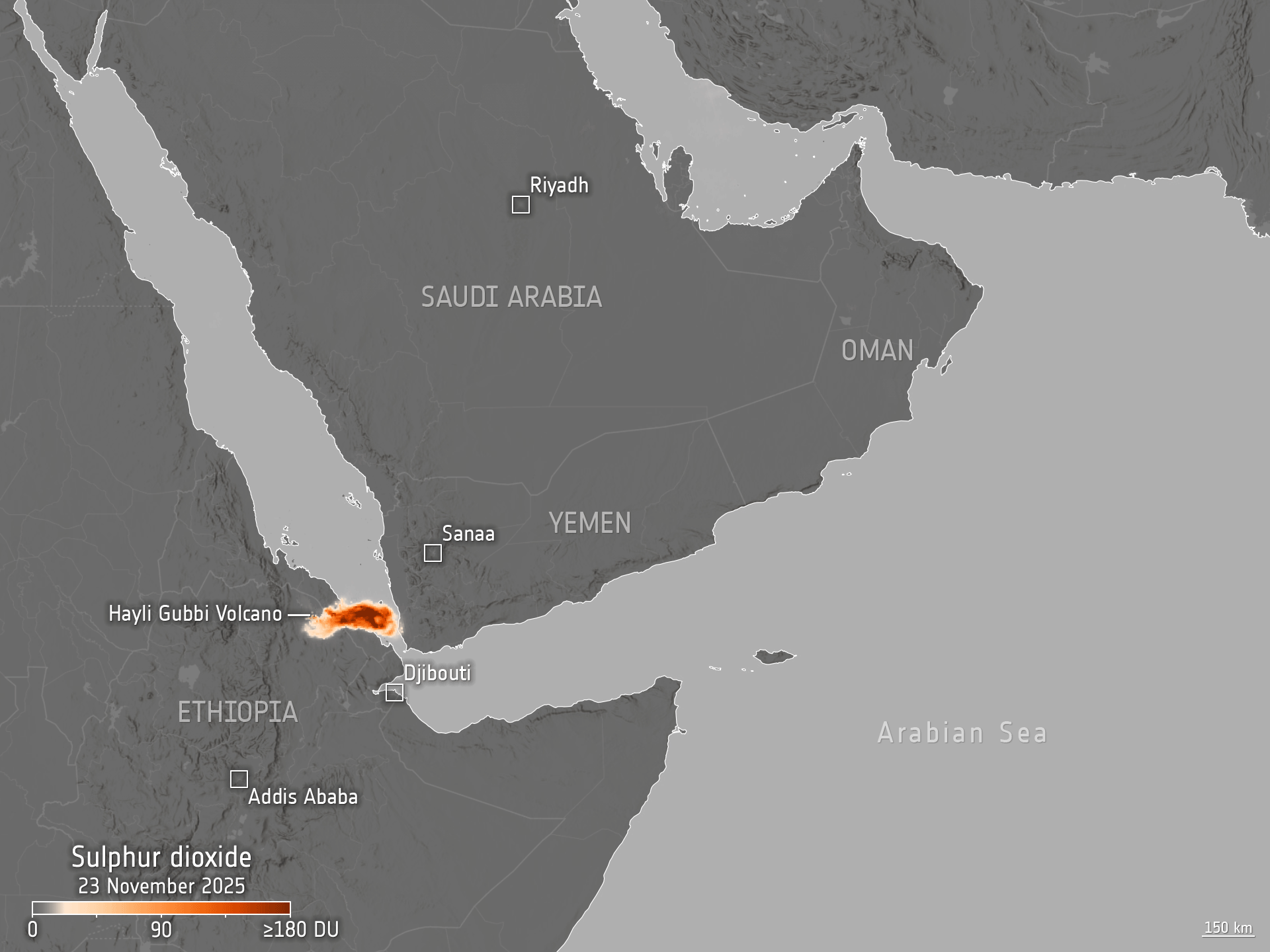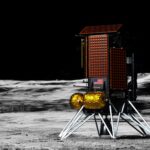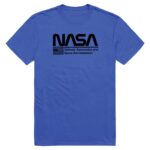Now Reading: China’s rising influence in space prompts Senate to call for new US research institute in post-ISS era
-
01
China’s rising influence in space prompts Senate to call for new US research institute in post-ISS era
China’s rising influence in space prompts Senate to call for new US research institute in post-ISS era
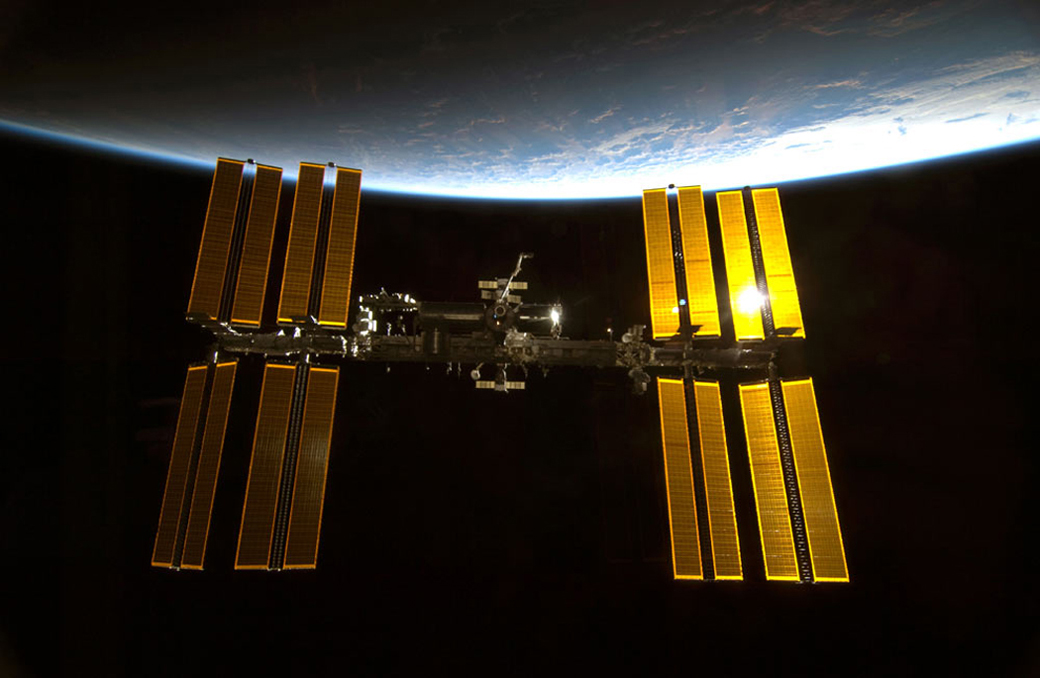
A bipartisan group of senators wants the U.S. to establish a new National Institute for Space Research to “ensure the nation is equipped to lead in the next space race” against China.
The institute would coordinate national research on whichever private space stations will pick up the baton after the International Space Station (ISS) retires in 2030. But that outcome requires Congress’ approval of the newly proposed Space RACE (Research And Continuing Exploration) Act.
“From my time on the International Space Station, I saw how the research our astronauts conduct drives innovation here on Earth and strengthens America’s long-term competitiveness,” Kelly, who visited the station four times between 2001 and 2011 during the space shuttle program, said in a statement Wednesday (Nov. 19). “As China and other countries expand their space programs, the United States can’t afford to lose ground.”
“It is critical for America to have every tool and competitive advantage at our disposal to launch into the next space race,” added Senator John Cornyn (R-TX) in the same statement. Other senators named on the legislation are John Hickenlooper (D-CO), Roger Wicker (R-MS) and Ben Ray Luján (D-NM).
The Chinese space program stands apart from NASA’s activities; the U.S. and China are forbidden from bilateral cooperation (except activities expressly approved by Congress ahead of time) under 2011 legislation known as the Wolf Amendment. In recent years, Congressional hearings have stated that China is stepping up cyberattacks and satellite surveillance. China, meanwhile, has mounted several robotic moon missions and a Mars mission in recent years, and both China and NASA are aiming to land astronauts on the moon again before 2030, via different international consortiums.
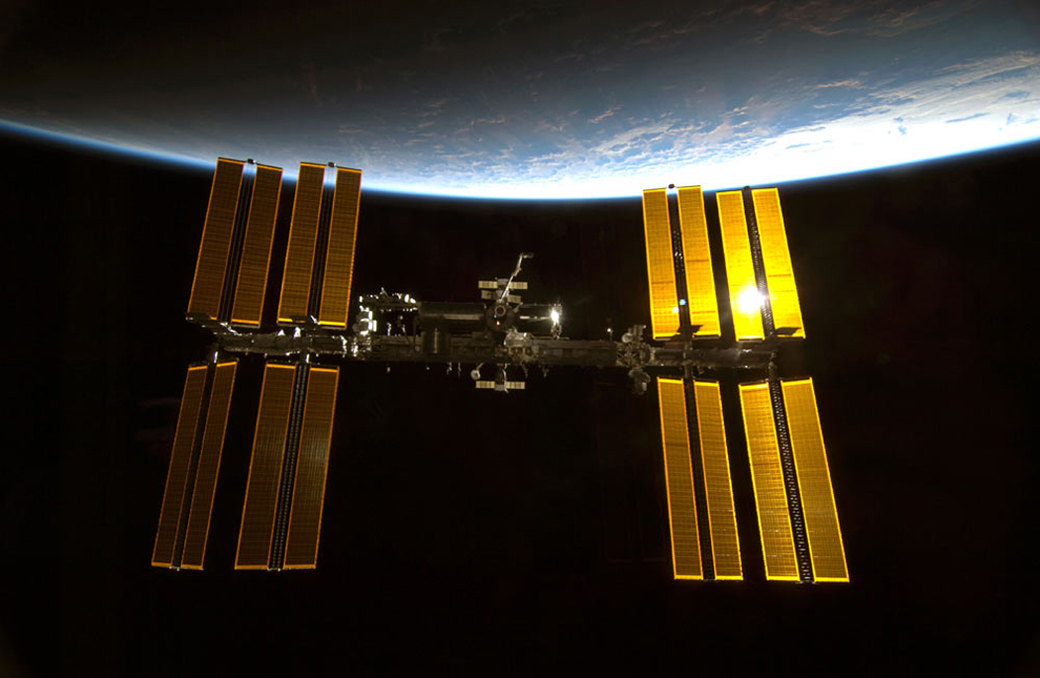
NASA, however, is facing a 24% budget cut, from $24.8 billion to $18.8 billion, in fiscal 2026 if the White House’s proposal is enacted by Congress. Much of that cut would come from the agency’s science program, which would see its funding drop by 47%. Critics have said that slashing science could make the U.S. vulnerable to losing relevance in space, while the Trump administration maintains that these measures are needed to focus exploration on crewed efforts to the moon and Mars.
In the words of the senators’ statement, the Space RACE act would:
- “Create a National Institute for Space Research, a federally controlled but independently operated entity designed to coordinate and advance U.S. microgravity research in LEO [low Earth orbit] using next-generation space platforms after the retirement of the ISS;
- Support public-private partnerships and economic development by bridging government and commercial sector interests;
- And bolster America’s geopolitical influence, strategic positioning, and leadership in the emerging space economy around the world.”
The statement cites a recent SpaceNews report saying that China aims to ramp up demand for services at Tiangong through sending up new modules. China has also been reported to be seeking more international collaborations in orbit, and to attract foreign astronauts through training.
“China’s ability to offer space-based partnerships to other nations allows it to build soft power and potentially shift international norms in space governance and tech standards,” the senators state. Building the institute would counteract that, they argue, through allowing the U.S. to “support small businesses, and lower barriers to entry into space research and development.”
Stay Informed With the Latest & Most Important News
Previous Post
Next Post
-
 01Two Black Holes Observed Circling Each Other for the First Time
01Two Black Holes Observed Circling Each Other for the First Time -
 02From Polymerization-Enabled Folding and Assembly to Chemical Evolution: Key Processes for Emergence of Functional Polymers in the Origin of Life
02From Polymerization-Enabled Folding and Assembly to Chemical Evolution: Key Processes for Emergence of Functional Polymers in the Origin of Life -
 03Astronomy 101: From the Sun and Moon to Wormholes and Warp Drive, Key Theories, Discoveries, and Facts about the Universe (The Adams 101 Series)
03Astronomy 101: From the Sun and Moon to Wormholes and Warp Drive, Key Theories, Discoveries, and Facts about the Universe (The Adams 101 Series) -
 04True Anomaly hires former York Space executive as chief operating officer
04True Anomaly hires former York Space executive as chief operating officer -
 05Φsat-2 begins science phase for AI Earth images
05Φsat-2 begins science phase for AI Earth images -
 06Hurricane forecasters are losing 3 key satellites ahead of peak storm season − a meteorologist explains why it matters
06Hurricane forecasters are losing 3 key satellites ahead of peak storm season − a meteorologist explains why it matters -
 07Binary star systems are complex astronomical objects − a new AI approach could pin down their properties quickly
07Binary star systems are complex astronomical objects − a new AI approach could pin down their properties quickly












